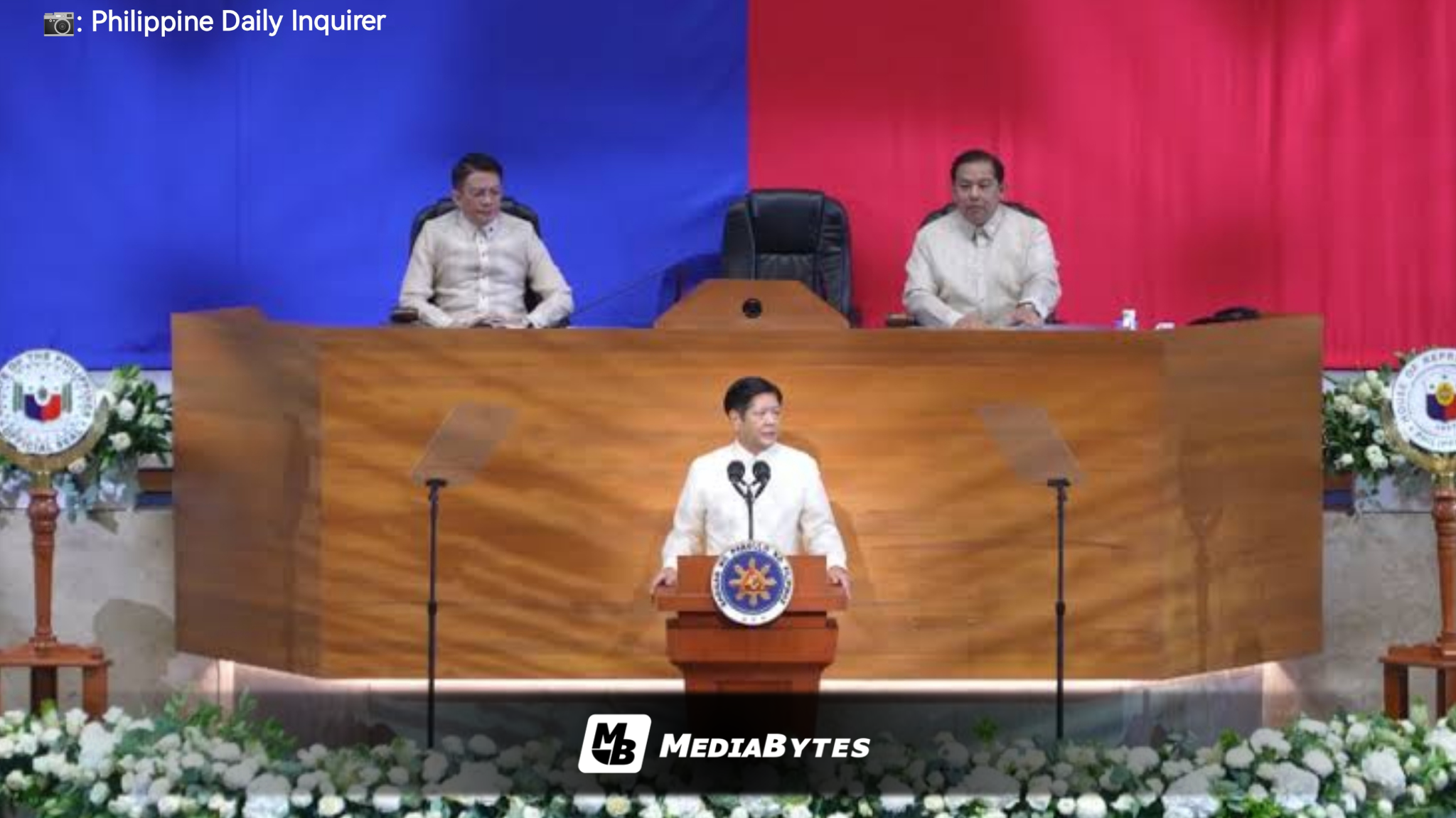
Three years into the administration of President Ferdinand Marcos Jr., the Philippine government has pursued an ambitious legislative agenda aimed at economic transformation, digital governance, social reform, and national security. With a solid majority in both houses of Congress, many of his priority bills have moved quickly through the legislative mill—yet some remain in limbo amid criticism, delay, or controversy.
📜 LEGISLATIVE PRIORITIES: BUILDING THE “BAGONG PILIPINAS”
In his State of the Nation Addresses (SONAs) from 2022 to 2024, President Marcos Jr. outlined a legislative vision aligned with his “Bagong Pilipinas” governance framework. Among his priorities:
- Economic liberalization and modernization
- Digital transformation and bureaucracy reform
- Healthcare and education reforms
- National defense and public order
- Establishment of a sovereign wealth fund
✅ MAJOR LEGISLATIVE ACHIEVEMENTS (2022–2025)
Several key pieces of legislation were passed or advanced with the support of the 19th Congress:
- Republic Act No. 11954 – Maharlika Investment Fund (MIF) Law
- Perhaps the most high-profile law under Marcos Jr., the MIF created the Philippines’ first sovereign wealth fund aimed at infrastructure and national development. While widely debated, it was passed in 2023.
- Ease of Paying Taxes Act
- Simplified tax filing for individuals and MSMEs, aiming to improve compliance and reduce corruption. It aligns with the administration’s digitization goals.
- E-Governance Act
- Mandates digital transformation across government agencies to streamline services and combat red tape.
- Tattoo Regulation and Other Health-Related Measures
- Several health-related bills, including those promoting universal health care implementation and regulating cosmetic and wellness industries, were supported.
- K–10 and K–12 Curriculum Revisions (Backed by legislative support)
- Although not a law, reforms in the DepEd curriculum received legislative backing, with proposed bills to institutionalize revisions and teacher training.
🧭 STILL PENDING OR CONTENTIOUS
Despite success in pushing some bills, other legislative priorities remain pending or controversial:
- National Defense Bills: Including mandatory ROTC and defense modernization laws remain divisive.
- National Land Use Act: Long in limbo despite repeated endorsement.
- Anti-Agricultural Smuggling Act: Still undergoing revisions amid continued food supply issues.
- Charter Change (Cha-Cha) proposals: Gained ground in 2023 but faced massive public resistance and Senate skepticism.
- Freedom of Information (FOI) Bill: Still unpassed despite longstanding advocacy.
🏛️ LEGISLATIVE-EXECUTIVE DYNAMICS
With a “super majority” in Congress and Marcos Jr. enjoying high trust ratings, many of his proposals have seen minimal resistance. However, critics warn of:
- Lack of deliberative debate on major laws like MIF
- Speedy passage of controversial measures
- Weak checks and balances between the executive and legislature
🔮 OUTLOOK FOR THE SECOND HALF OF THE TERM
Heading into the final three years of his term, President Marcos Jr. is expected to push for:
- More investment-friendly laws amid rising regional competition
- Comprehensive tax reform packages
- Anti-corruption and transparency laws, especially FOI and political party reforms
- Climate change adaptation measures
But the real challenge may lie in implementation—translating laws into action that truly reaches the grassroots.
The Marcos Jr. administration has succeeded in pushing a wide-ranging legislative agenda in its first half. Yet whether these laws lead to lasting reform or merely serve political optics remains a question that only time—and results—can answer.



